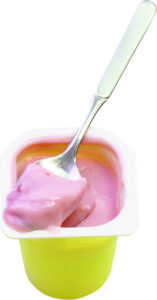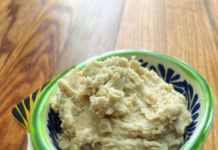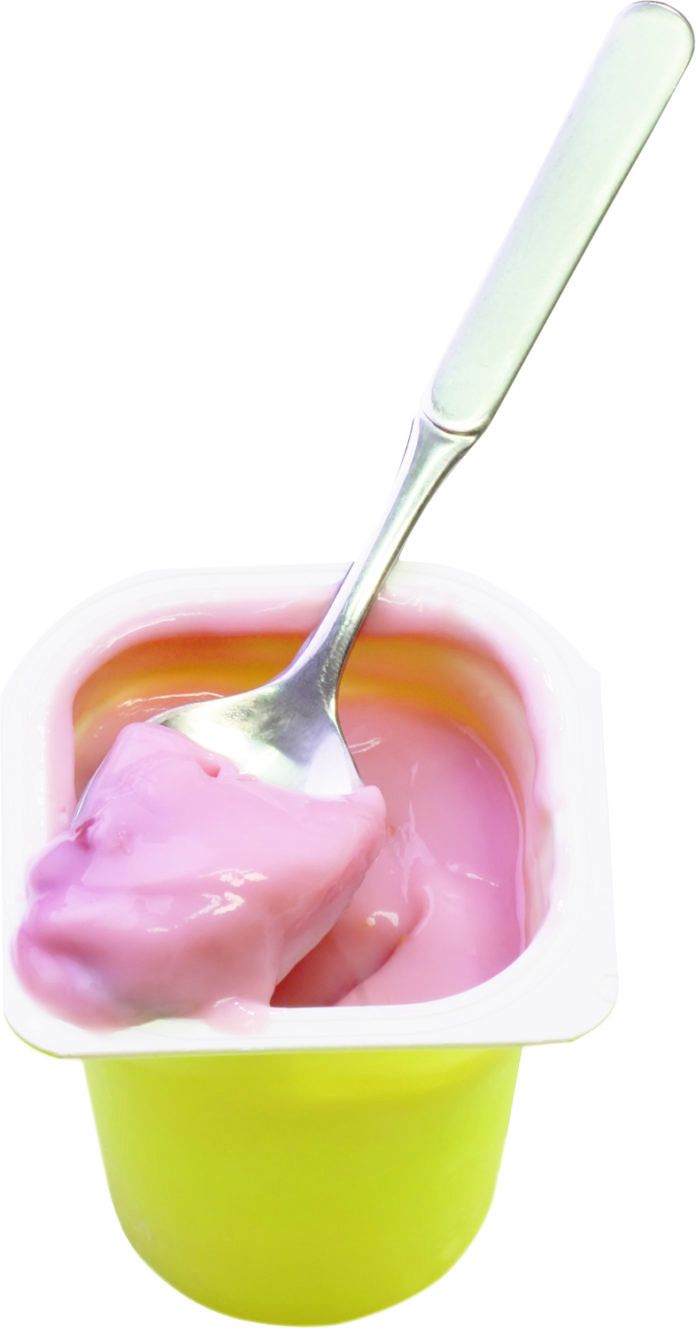

Should you give probiotics a try? Television commercials and store-shelf displays promote these “friendly bacteria” as beneficial for everything from your digestive tract to your immune system. US consumers, once leery of the idea of deliberately ingesting bacteria, have embraced probiotics in drinkable and spoonable yogurt, juices and supplements. But the probiotics boom is far from peaking, according to market-research firm Euromonitor International, which predicts US per capita spending on probiotics will almost double in five years.
A new study lends some credence to the gastrointestinal claims for probiotics, showing that four strains of bacteria can help prevent the sometimes-dangerous diarrhea associated with taking antibiotics. That could be important: In the past decade, the frequency and severity of this type of diarrhea in the US has sharply increased, with fatality rates nearly doubling. Victims are typically hospitalized older patients treated with broad-spectrum antibiotics, which disrupt healthy gastrointestinal bacteria and pave the way for the Clostridium difficile bacteria that causes diarrhea.
“There is good scientific evidence that probiotics can be beneficial in certain select situations,” says Joel B. Mason, MD, a professor of nutrition and medicine at Tufts who is also a staff physician in the Divisions of Gastroenterology and Clinical Nutrition at Tufts Medical Center. “But probiotics are being promoted for everything under the sun. There are only a few scenarios where probiotics are proven effective; outside those benefits, everything else is very speculative.”
PICK THE RIGHT ONE: Before deciding to jump on the probiotics bandwagon, you need to understand that “probiotics” is a very broad term. Not all probiotic bacteria have the same benefits, and a one-type-cures-all approach simply wont work. Youll have to learn to study labels, and get over the intimidation factor of the long, Latin names used to identify different strains of probiotics.
“Its a term thats thrown around very loosely,” says Dr. Mason. “There are over one hundred different types of organisms that might be called probiotics, and what each one does is very different.” For benefits against diarrhea, for example, just eating whatever yogurt you happen to have in the fridge wont necessarily work. Says Dr. Mason, “You have to use the right yogurt or probiotic preparation containing the right organisms.”
PREVENTIVE PROBIOTICS: In the new study, published in Annals of Internal Medicine, researchers evaluated prior clinical trials of probiotic products containing one or more of four strains of bacteria: Bifidobacterium spp., Saccharomyces spp., Lactobacilli spp. and Streptococcus spp. (The abbreviation “spp.” stands for “species.”) Overall, preventive treatment with probiotics reduced the incidence of diarrhea caused by C. difficile infections by 66%. Single-species products were associated with a 50% lower risk, while multispecies probiotic products reduced risk by 75%. Severe adverse events were uncommon in participants who received all types of probiotic preventive treatment, rather than placebo.
Bradley C. Johnston, PhD, of the Hospital for Sick Children Research Institute in Toronto, and colleagues performed a meta-analysis of 20 trials totaling 3,818 patients who were treated with antibiotics. All the clinical trials specifically looked at the effectiveness of probiotics against the incidence of C. difficile-associated diarrhea.
“Moderate-quality evidence supports Probiotics: Know What Works, What Doesnt New study finds probiotics protect against antibiotics complications.a large protective effect of probiotics in preventing [C. difficile-associated diarrhea],” Johnston and colleagues concluded. “Given the low cost of probiotics and the moderate-quality evidence suggesting the absence of important adverse events, there seems little reason not to encourage use of probiotics in patients receiving antibiotics who are at appreciable risk.”
CHECKING THE CLAIMS: The results align with previous studies that have shown probiotics, notably Lactobacillus GG, are effective in preventing and shortening the duration of diarrhea. (Lactobacillus GG was discovered at Tufts in 1985.) A yeast, Saccharomyces boulardii, and the combination of Lactobacillus casei plus Lactobacillus acidophilus were also found to be effective. There is also good evidence that some probiotics are helpful in preventing and managing childhood diarrhea caused by viral infections.Evidence for other benefits is less extensive, and more research is needed to determine which strains of probiotics are most effective. These conditions in which probiotics are promising include irritable bowel syndrome (IBS), ulcerative colitis, Crohns disease and bacterial vaginitis.
Claims for other probiotic benefits should be viewed skeptically, at least for now. The FDA has warned makers of probiotic yogurt against unapproved immune-system claims that suggest the products fight the flu or common cold. Benefits against constipation remain similarly controversial. You should also be wary of sweeping assurances that probiotics have no downsides.The National Center for Complementary and Alternative Medicine (NCCAM) cautions that probiotics safety has not been thoroughly studied, and more data is needed especially on their safety for children, the elderly and those with compromised immune systems.
“Theres this perception that they cant hurt,” says Tufts Dr. Mason. “But there are situations, particularly in people with a frail immune system, where probiotics may be dangerous.”
Before joining the probiotics boom, in short, check with your healthcare provider.


























